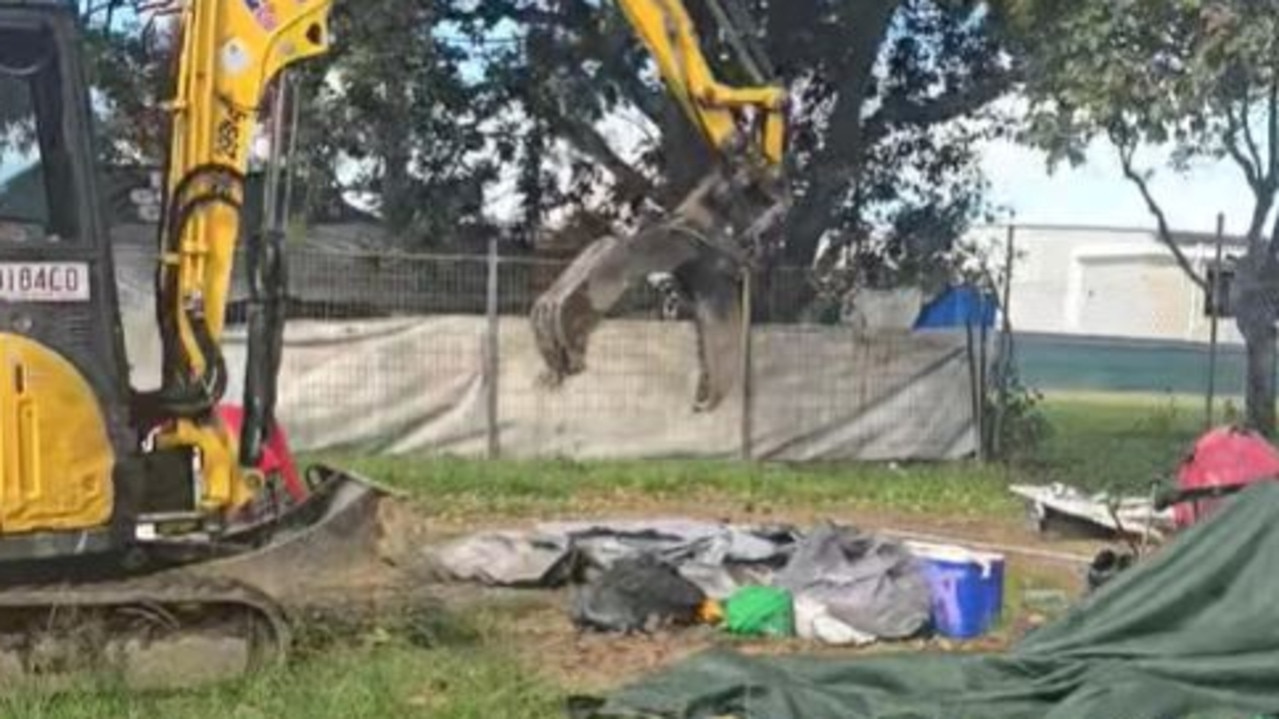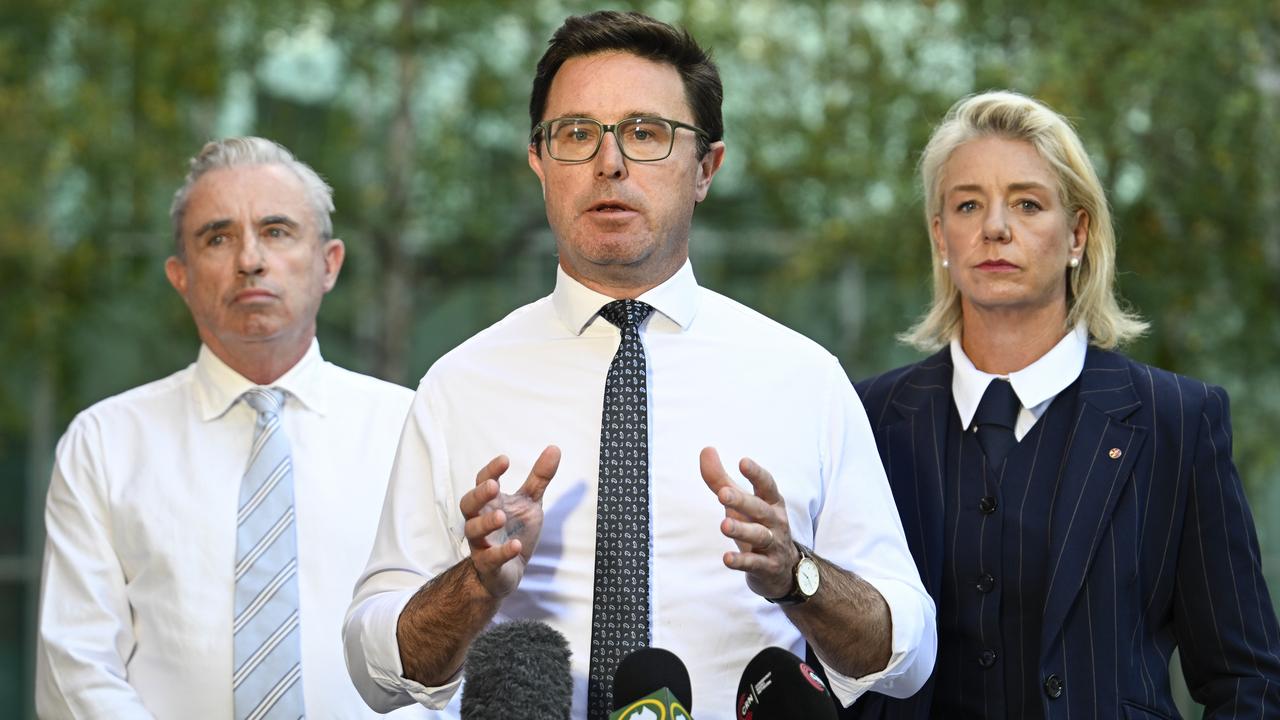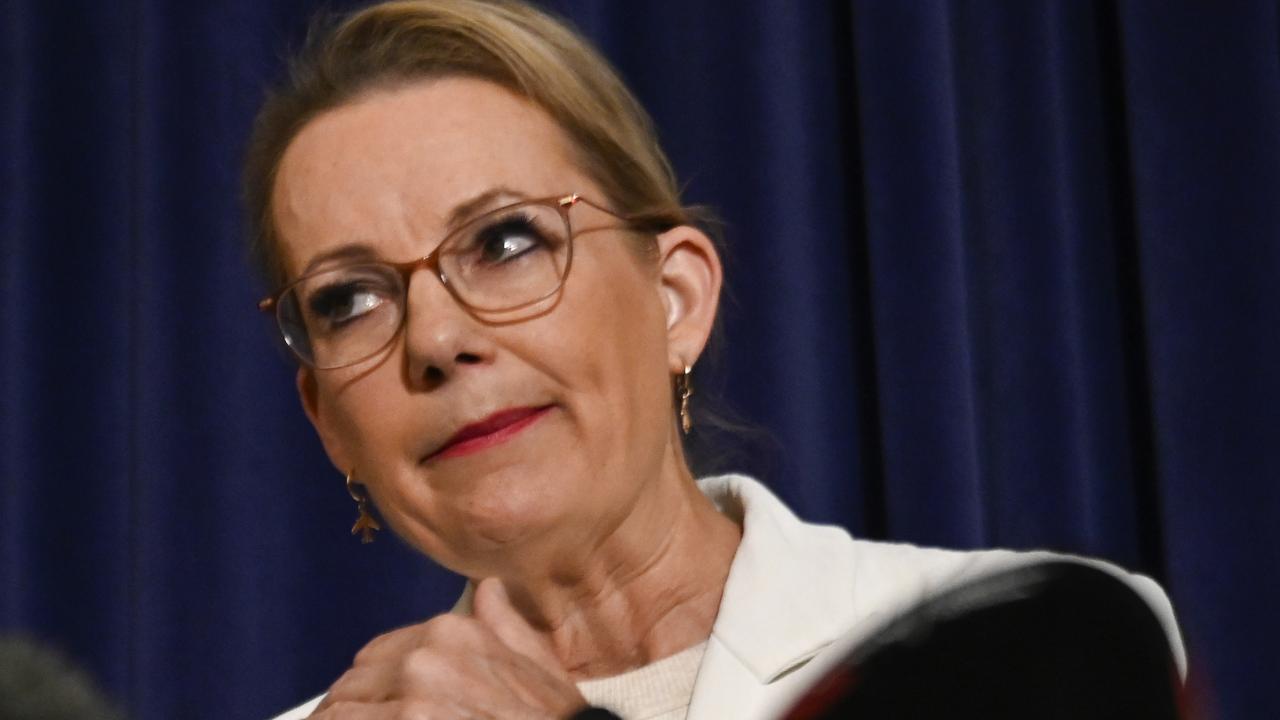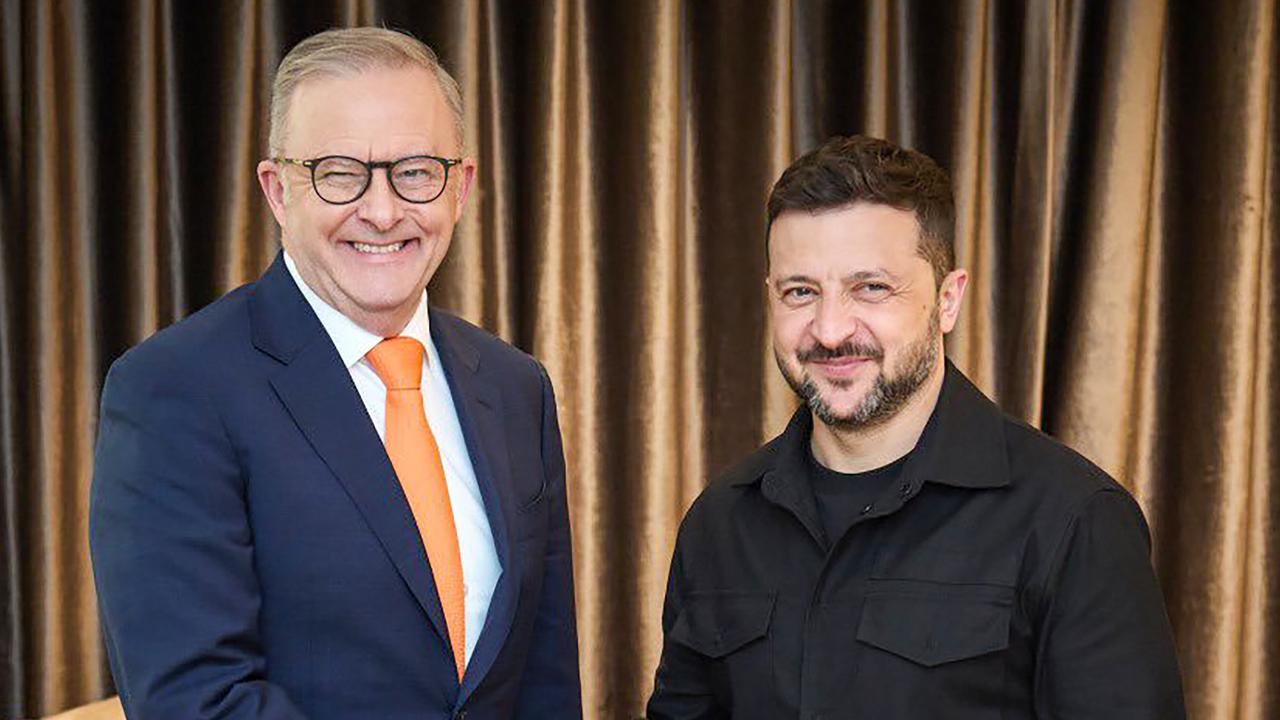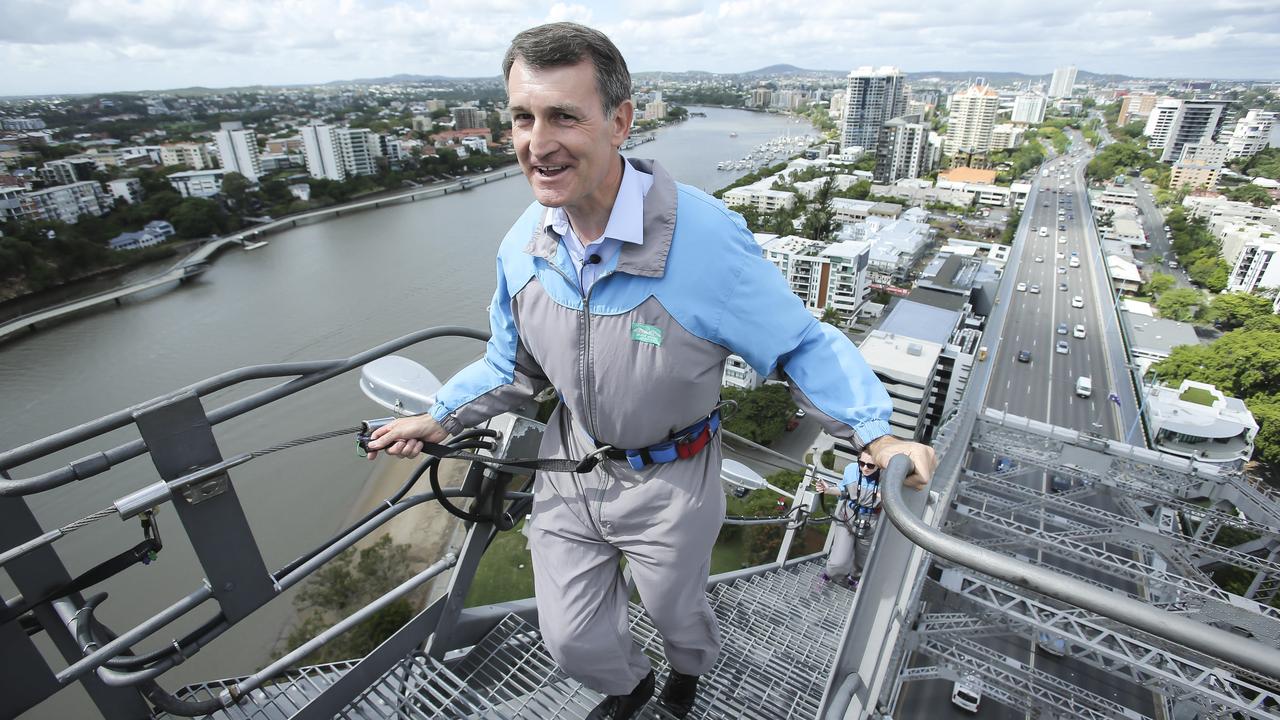Editorial: Long way to go in war on youth crime
It’s too soon to know if the government’s strategy is delivering victory in the youth crime war, but at least it’s fighting the war, writes the editor.
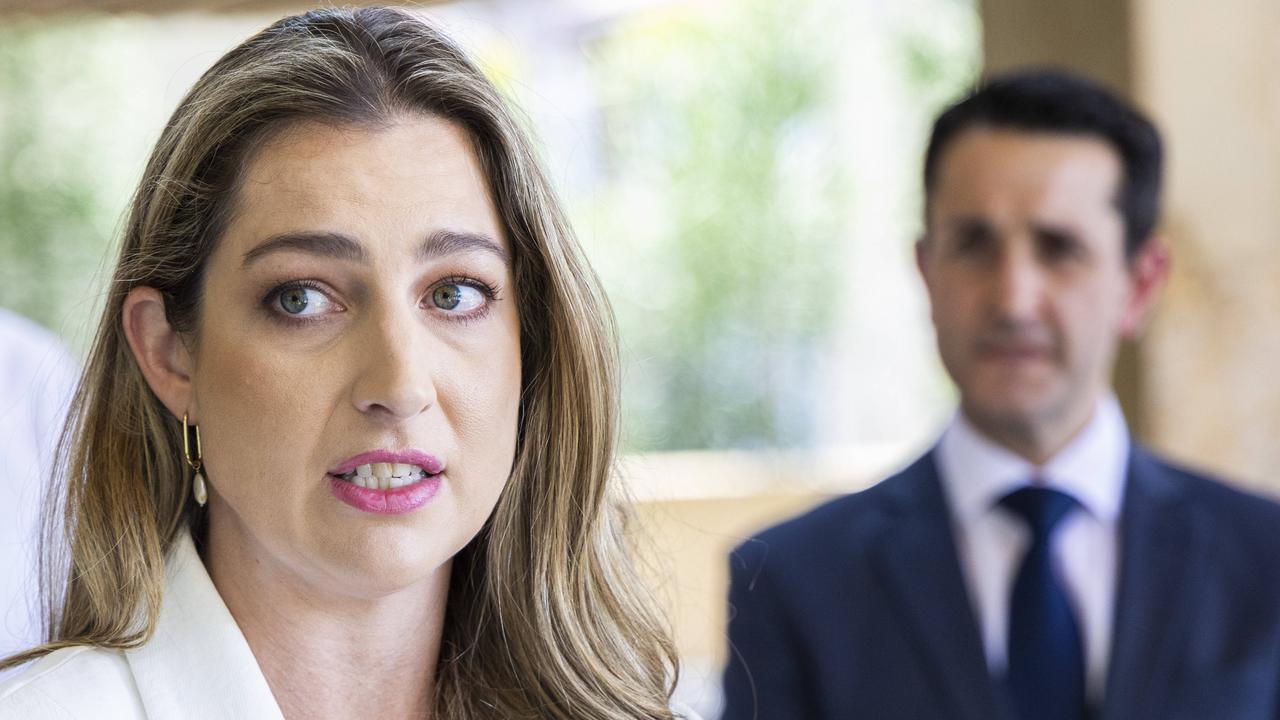
Opinion
Don't miss out on the headlines from Opinion. Followed categories will be added to My News.
It’s too early to know whether Premier David Crisafulli’s war on youth crime is working.
The government, predictably, says it’s making inroads, with a 9 per cent decrease in stolen cars in this year’s first quarter compared with last year and a 12 per cent drop in break-ins in the same period.
The Labor Opposition, just as predictably, says the LNP is cherrypicking its data.
Anecdotally, little seems to have changed. Young hooligans are still using social media to boast about their crimes and taunt the Premier and the police.
And earlier this week we reported that at least three of the six teenagers involved in a car chase through suburban Brisbane on the weekend, which ended in a crash, were out on bail. One 13-year-old had recorded 40 breaches of bail this year alone.
The LNP’s response is to keep escalating its crackdown, with legislation expected to pass parliament this week toughening the already tough “adult crime, adult time” laws, which the new government passed soon after winning last October’s election.
This is despite continued opposition from human rights advocates, including the United Nations, whose representatives – dismissed by Mr Crisafulli as boffins – have condemned the government’s approach as “incompatible with basic child rights”.
The government already knew this. Its own Human Rights Commission has repeatedly told it the same thing, most recently in its submission to the parliamentary committee, which reviewed the legislation now up for consideration.
The government justifies overriding its own Human Rights Act by insisting it’s dealing with “an exceptional crisis”.
The commission also argues harsher custodial sentences will not only damage children but also cost the community more without deterring or reducing crime.
The Commission is fulfilling its legislative role, providing the human rights perspective but, likewise, the Crisafulli government is fulfilling its pre-election promise to voters that it would get tough in young law-breakers.
But, in doing so, it needs to fully consider its actions. The only reason this new legislation is before parliament this week is to patch up various shortcomings in last year’s rushed-through first attempt.
Mr Crisafulli has said he’s willing to consider even more changes if further issues arise in areas such as the discretionary power of police to issue official cautions rather than pursuing a criminal prosecution.
We understand the Premier’s determination to make the community feel safer – his political future depends on it. But Mr Crisafulli should recognise there’s only so much you can achieve by endlessly adding new laws on top of existing laws in the hope of plugging every new loophole or gap in existing legislation.
This is especially so when you’re dealing with out-of-control children chasing a sick thrill and unlikely to be thinking about the consequences of their actions, even if they’re spelled out in black and white in the government’s up-to-the-minute “adult crime, adult time” legislation.
As we say, it’s too soon to know if the government’s current strategy is delivering victory in the youth crime war. But at least, it’s fighting the war, even if the Human Rights Commission and the UN think they’re being too brutal about it.
BRONCOS LEAD WAY
The AFL was hit by an unspeakable tragedy at the weekend when the news broke that former West Coast Eagles player Adam Selwood had taken his own life, just months after his twin brother Troy, also an AFL veteran, died the same way.
The sport has been hit by several similar incidents in recent years, sparking a debate about mental health and calls for a mental health round. The NRL experienced similar soul-searching following the shock death of former player and coach Paul Green in 2022.
Now the Brisbane Broncos have taken it upon themselves to champion the mental health cause.
As we report today, the Broncos will wear striking black jerseys for their June 7 clash against the Titans, in what they are calling Mental Health Round.
The jerseys were created in partnership with ASICS and mental health charity the Black Dog Institute.
It is a wonderful and timely gesture by the Broncos. The players on our front page – Corey Jensen, Kotoni Staggs and Jesse Arthars – have all been affected by suicide, as have so many members of their generation.
Let us hope this leads to official Mental Health Rounds in both the NRL and AFL, and the start of a new national conversation.
Responsibility for election comment is taken by Chris Jones, corner of Mayne Rd & Campbell St, Bowen Hills, Qld 4006. Printed and published by NEWSQUEENSLAND (ACN 009 661 778). Contact details here
Originally published as Editorial: Long way to go in war on youth crime

